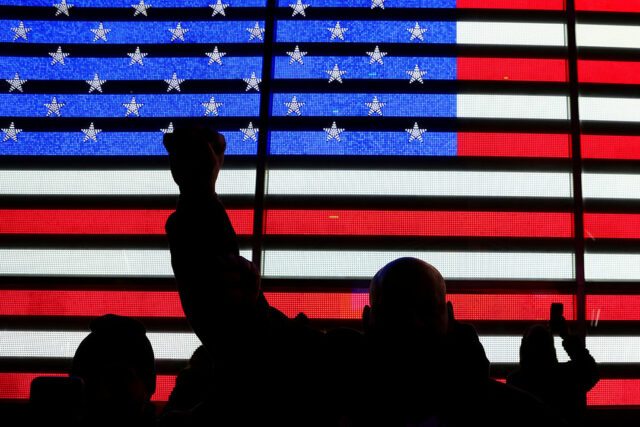Teoscar Hernandez’s three-run blast powers LA Dodgers past Phillies in Game 1 of NLDS
TEOSCAR HERNANDEZ hit a three-run homer in the seventh inning to lift the visiting Los Angeles Dodgers to a 5-3 victory over the host Philadelphia Phillies in Game 1 of the National League Division Series (NLDS) on Saturday.
Dodgers starter Shohei Ohtani uncharacteristically allowed three runs on the mound and struck out four times, but Los Angeles rallied against left-hander Cristopher Sanchez and the Phillies. Enrique Hernandez had a two-run double for Los Angeles in the sixth to close the deficit to 3-2.
“(Ohtani is) not always going to be perfect … but it’s a quality start for him. He gets the win,” Dodgers manager Dave Roberts said. “This team’s done it a lot. Different guys pick each other up.”
Sanchez gave up two runs and four hits in 5 2/3 innings before David Robertson (0-1) and Matt Strahm combined to surrender the lead. J.T. Realmuto knocked in two runs for the Phillies, who will aim to even the best-of-five series when the teams reconvene for Game 2 on Monday in Philadelphia.
“That’s a tough loss, but we’ve got to shake it off and come out here Monday and get after it again,” Philadelphia manager Rob Thomson said. “We’ve got to put it behind us, but these guys are pretty good at that.”
Sanchez struck out Ohtani on three pitches to open the game as part of a 1-2-3 first inning. He allowed a pair of baserunners in the second, but retired Andy Pages on a strikeout to end the threat.
That set the stage for Philadelphia to score three times in the bottom of the second, highlighted by Realmuto’s two-run triple. Two batters later, Harrison Bader lofted a sacrifice fly to deep left to make it 3-0.
Bader later exited with groin tightness.
In the fifth, Alex Call led off with an infield hit against Sanchez, who then retired the next three hitters — recording a pair of strikeouts — to keep the visitors scoreless.
Los Angeles finally got to Sanchez in the sixth. Freddie Freeman drew a two-out walk and Tommy Edman singled to set the stage for Enrique Hernandez’s two-run double that made it 3-2 and ended the night for Sanchez.
Robertson opened the seventh by allowing a single and a hit batter. Strahm then came on and retired Ohtani and Mookie Betts before Teoscar Hernandez lofted a 1-0 fastball over the wall in right-center to put Los Angeles ahead 5-3.
“He left one over the plate and I put a good swing on it,” Hernandez said.
Ohtani (1-0) allowed three runs and three hits in six innings. He walked one and struck out nine in his first career postseason start as a pitcher.
“I was a little nervous, imagining myself out there on the mound,” Ohtani, who remained in the game as a designated hitter, said through a translator. “But once I was out there on the mound and on the field, that went away.”
Tyler Glasnow and Alex Vesia combined to get the Dodgers through the seventh and eighth innings. Vesia came on with the bases loaded and two outs in the eighth and got pinch hitter Edmundo Sosa on a fly ball to center.
Roki Sasaki worked around a one-out double in the ninth to earn the save.
Philadelphia finished with just five hits, including only one from the top four batters in its lineup. — Reuters













